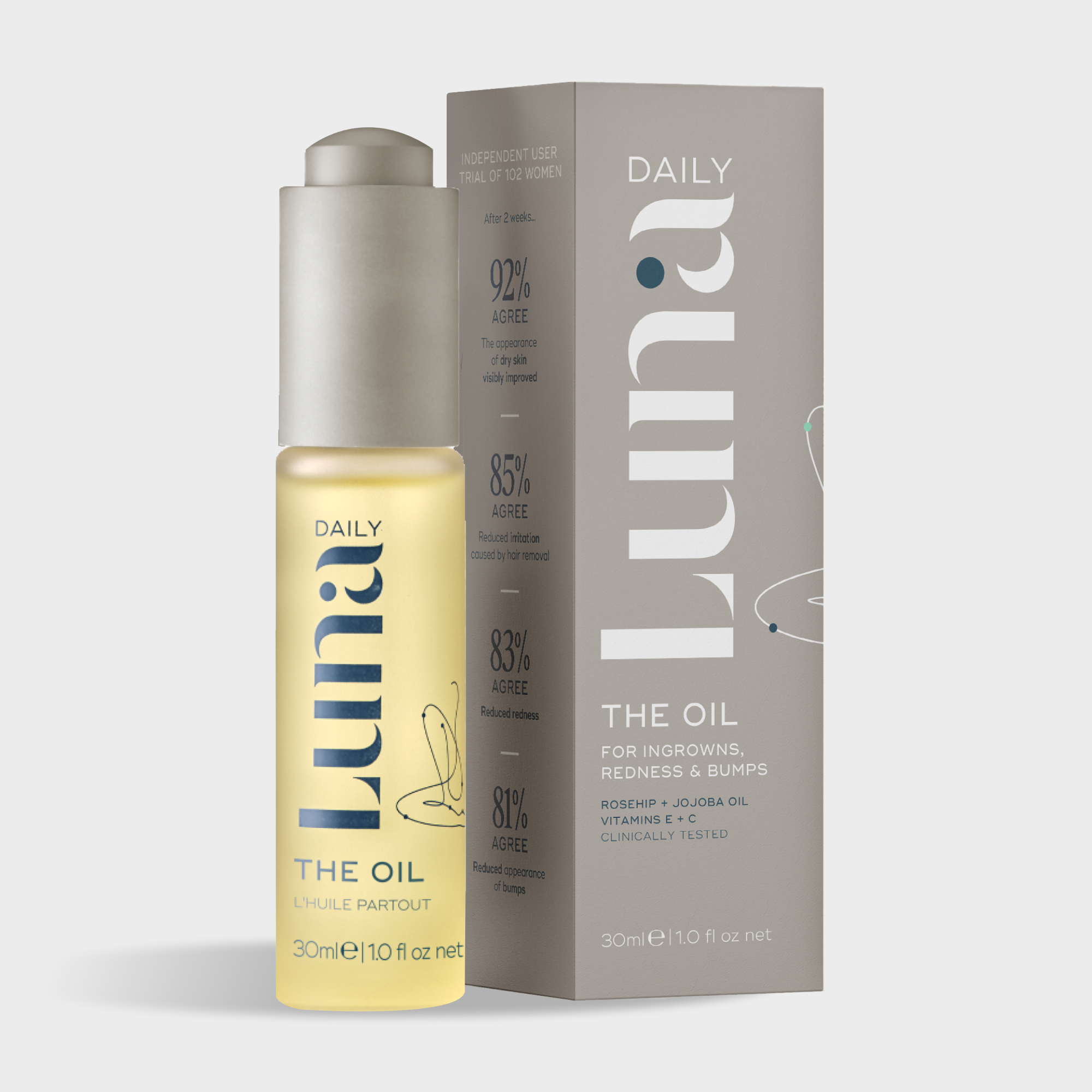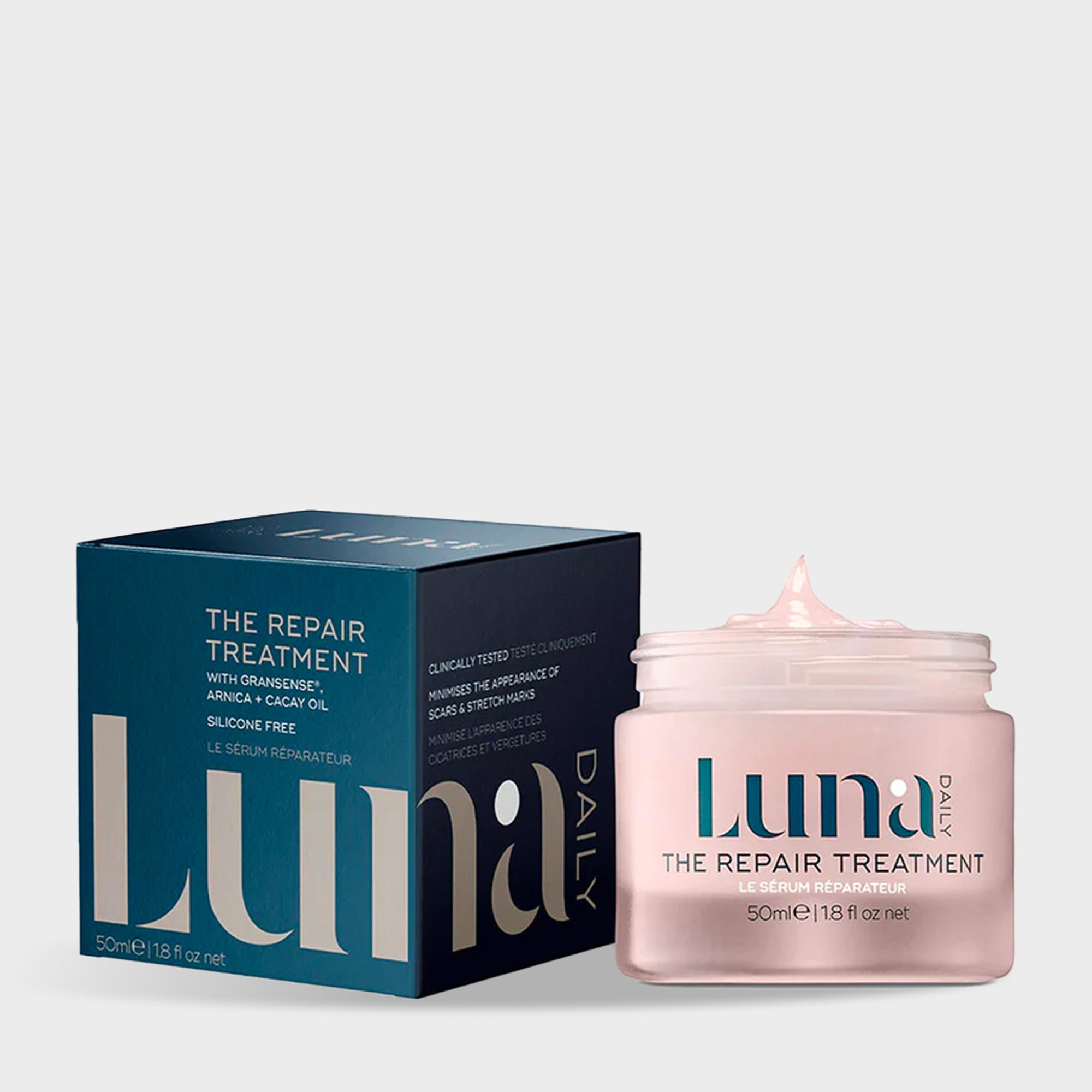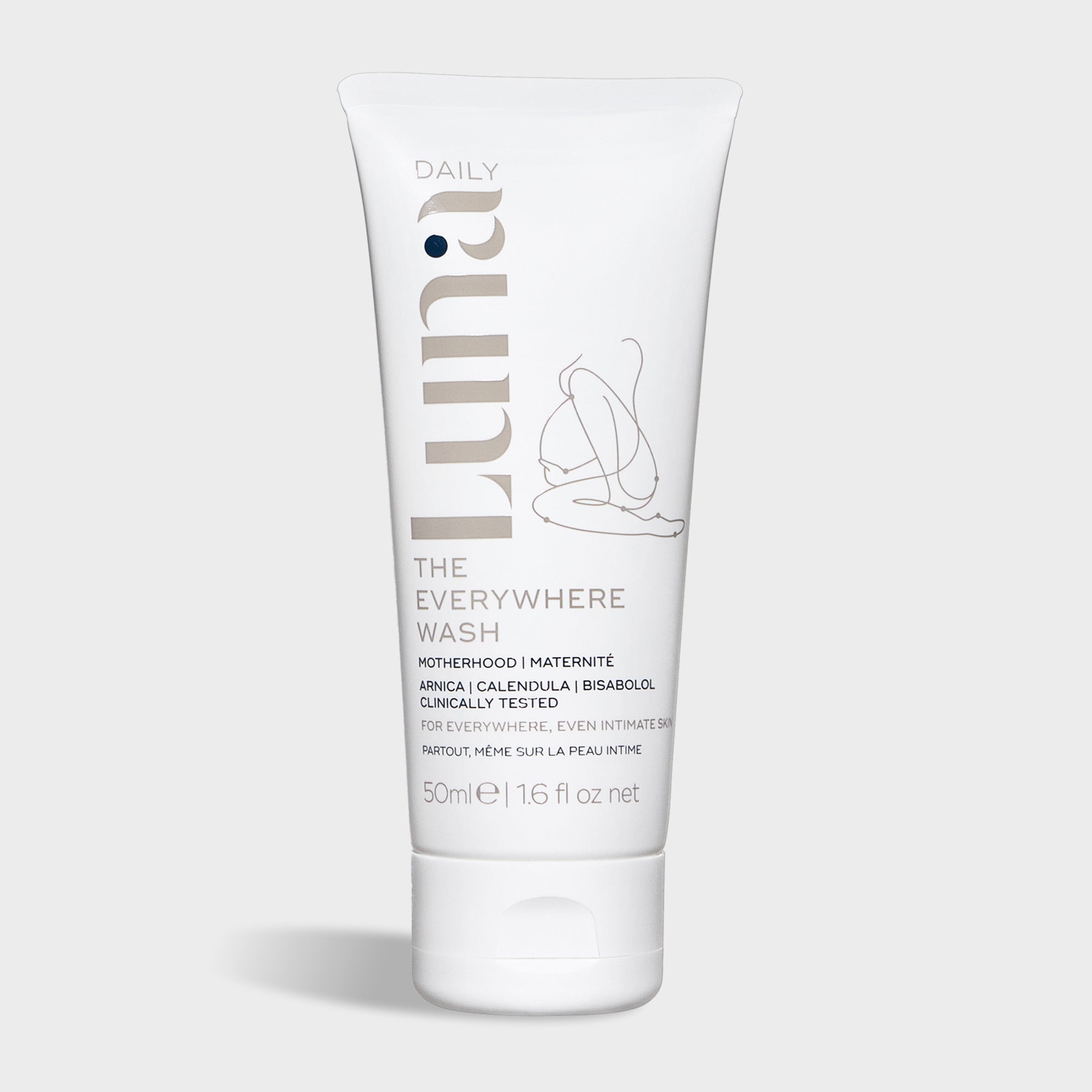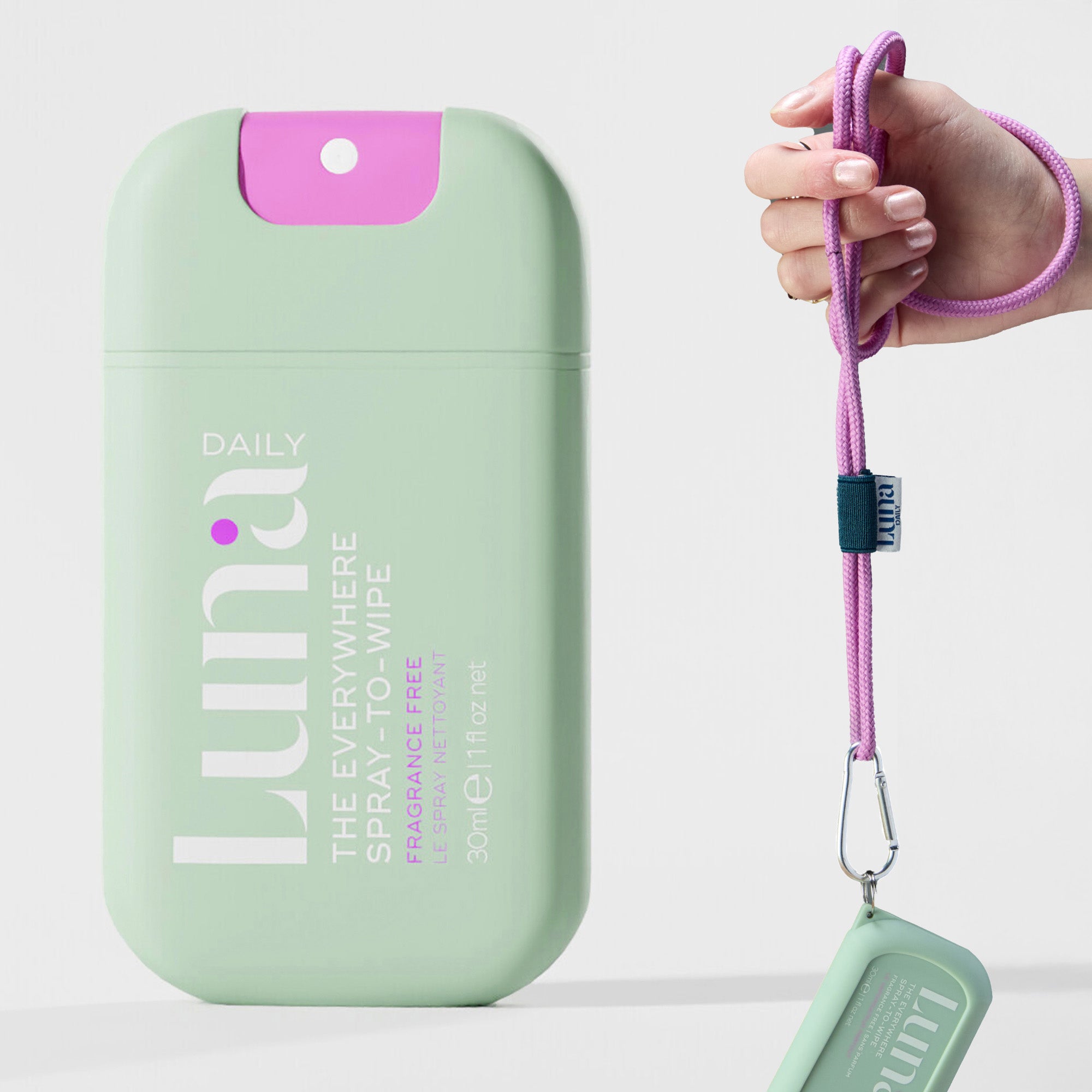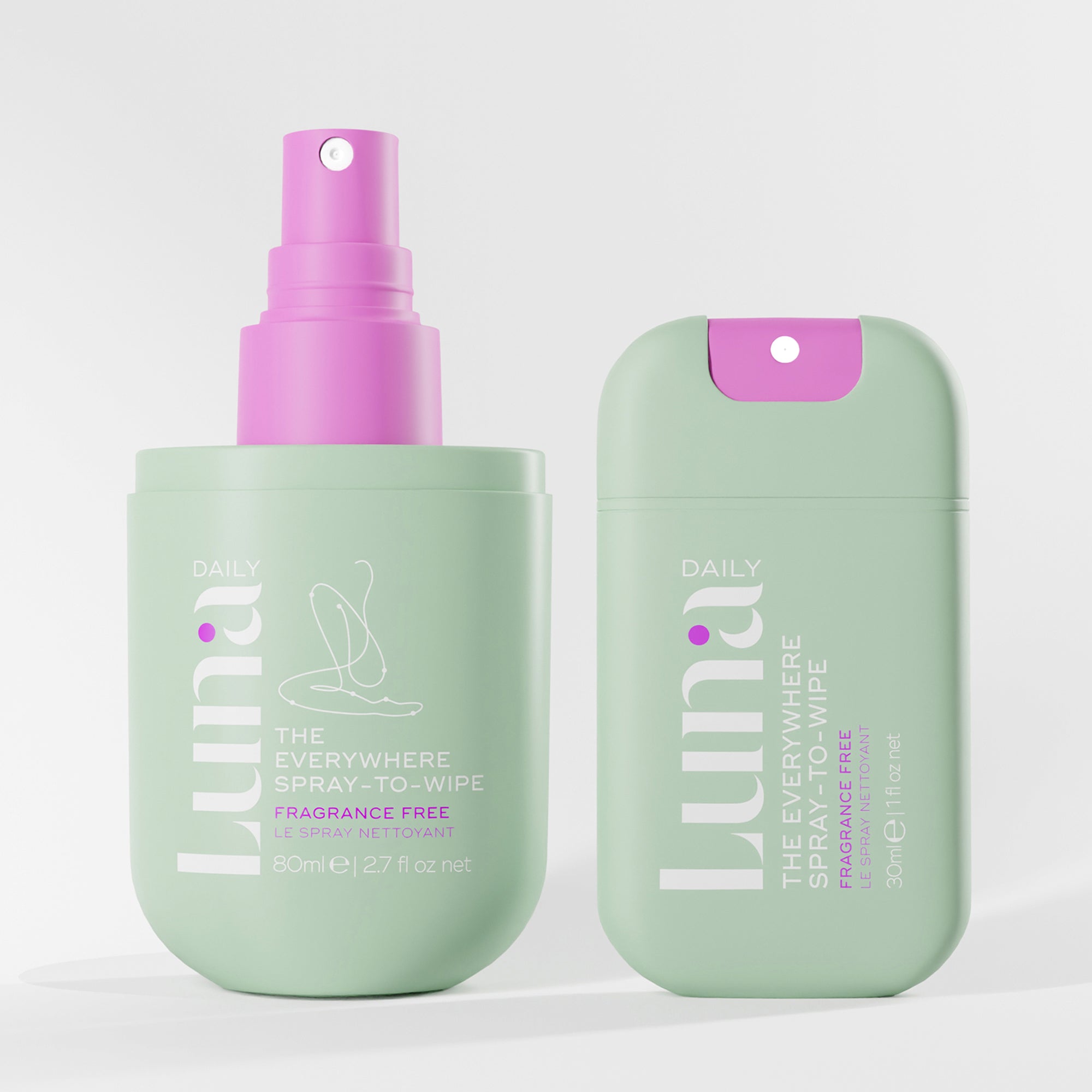By Montse Amodeo, Gynaecologist and Fertility Consultant, The Evewell Fertility Clinic

In our 20s: Nurturing foundation
Your twenties mark a period of establishment and exploration, both personally and professionally. Amidst the hustle and bustle of this decade, it's essential to prioritise your gynaecological health; keeping on top of your smear tests will lay the foundation for proactive care.
I always recommend young women start to understand the signs their body gives them during their menstrual cycles. Tracking your cycle using apps such as Flo and Clue can provide valuable insights into hormonal patterns and potential issues, and you may want to even consider getting an AMH blood test done in your 20s, starting to lay a baseline so you can track your fertility throughout your years.
Your period should be considered as a window into your overall health. Irregularities in your cycle, such as missed periods or unusually heavy bleeding, should be investigated.
If something doesn’t quite feel right, and you don’t feel you’re being listened to, ask for a second opinion or book a private fertility review. Remember: the periods-so-heavy-you-couldn’t-leave-the-house-for-three-days that you’ve always thought was ‘normal’, might not be that normal after all.
And when it comes to contraception, understanding and selecting the right contraception method is vital, so you can choose to start a family, when you’re ready. If you notice adverse reactions or discomfort with your current contraceptive method, don't hesitate to explore alternative options that may better suit your body and lifestyle.

In your 30s: fertility focus
As you transition through your 30s, the concept of family planning is often flipped on its head, from the prevention we were taught in school, to actively trying to conceive and plan your family.
This is a decade where significant life changes start to happen. Your career is more established, you may find a long-term partner, and make significant purchases such as a buying a house, all whilst enjoying the freedom that comes with having disposable income and an active social life.
However, biology hasn’t caught up with society yet, and while our fertility peaks in our twenties, it gradually declines with age, putting more pressure to squeeze a lot into your 30s.
This is the decade where fertility awareness comes to the forefront. But balancing career aspirations, personal goals, and fertility considerations can feel overwhelming.
Fertility awareness isn't solely about conception; it's about understanding your reproductive health comprehensively.
Regular gynaecological check-ups, including fertility reviews, provide valuable insights into your reproductive potential. These assessments may include evaluating ovarian reserve (egg count), assessing hormonal balance, and identifying any underlying issues that could impact fertility.
If you know you want a family, be proactive and either do an AMH test or better still, book in for a fertility review to understand your potential fertility. This will arm you with the facts, so you can make informed decisions about fertility preservation, or your future family plans.
If you’re ready to start a family, we always recommend people starting out to have a fertility review, so you can pre-empt any potential issues further down the line. But we also recommend tracking your ovulation to help pinpoint fertile days and maximise your chances of conception.

In your 40s: embracing change
Being a woman is the gift that keeps giving! We ride a monthly rollercoaster of hormones from when we start our periods, and then in our 40s, there’s a whole new period of transition to get used to.
Perimenopause: the stage preceding menopause. Typically starting around the mid-forties, perimenopause brings with it a myriad of hormonal fluctuations, mood swings, anxiety, and physical changes.
Navigating perimenopause requires a nuanced understanding of your body's signals and needs – again: another great reason to track your cycles throughout your life! Irregular menstrual cycles, hot flashes, night sweats, and mood swings are common signs of hormonal shifts during this stage, so keep an eye on what your body is telling you.
While these changes are natural, making changes to your diet, ensuring you get the right kind of exercise, maybe trying HRT, taking supplements, or seeking support, can help and provide guidance on managing symptoms effectively.
For women considering pregnancy in their forties, understanding fertility limitations is essential. Reduced fertility in women means not only having fewer eggs, but the quality of eggs also declines with age, meaning the chromosomal abnormalities increase, lowering the chance of pregnancy and increasing the chance of miscarriage.
Exploring IVF, with additional testing such as PGT-A, can helps to identify chromosomally normal embryos, helps some women in their 40s conceive and go on to become parents.
The importance of being aware of your reproductive and hormonal health
Taking charge of your gynaecological and hormonal health is a journey that evolves with each passing decade. But by being proactive, advocating for your own health and staying informed, you can navigate these changes confidently, create your own version of ‘family planning’, and optimise your fertility at every age.
At The Evewell IVF and fertility clinic, we're dedicated to providing compassionate, evidence-based care tailored to your individual needs. Our team of specialists is here to support you at every stage of your reproductive journey, empowering you to make informed decisions and achieve your fertility goals. Your health and wellness matter to us, and we're committed to partnering with you in nurturing your gynaecological and hormonal health throughout your life.


